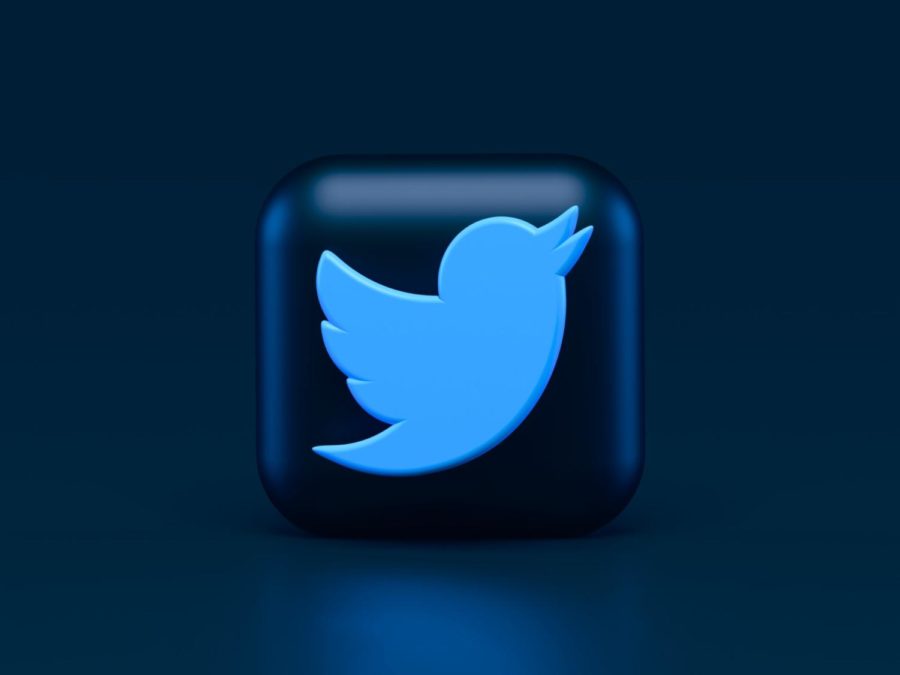Mauren: Free speech and Twitter
Courtesy of Alexander Shatov via Unsplash
Columnist Jacob Mauren explains why Twitter is not the platform for free speech.
April 18, 2022
The debate about free speech on Twitter has been back on timelines thanks to Elon Musk. While the conversation likely peaked when former president Donald Trump was banned from the platform in early 2021, Musk’s comment labeling it the “de facto public town square” and subsequent attempt to purchase the company has reignited it. But viewing Twitter as anything more than a product produced by a private company or as an important medium for free speech would be a mistake.
I have always felt that an important part of free speech is its connection to a person’s name, face or reputation. Whenever you utilize your right to speech, whether it is to blend into the crowd or stand against it, you put a small piece of yourself on the line. While many people do act in good faith on Twitter and provide an accurate name and photo of themselves, the platform does not require this. Anybody, at any time, can create an account that is completely anonymous and begin sending whatever messages they want while facing zero accountability. While not an absolute rule, giving people anonymity, especially on the internet, can often lead to less desirable behavior such as racism, sexism and homophobia.
This behavior may be amplified further by the ability to block individuals and control who can reply to your tweets. An expectation of free speech that is a part of the concept of the marketplace of ideas is that your thoughts will be subject to the response and dissent of your peers. But when you can block anyone you want from responding to your speech and control who responds to it, a false sense of acceptance can appear. If someone tweets out a horrible thing but limits the replies to their tweet and blocks those who quote it, they can make it look as if their view is normalized. These are all things that are near impossible to do offline and are why I am critical of those who view the internet as the battlefield of free speech.
Twitter is also hardly representative of either the world or the United States. At the moment, Twitter has approximately 330 million active users, with 69 million in the United States. That breaks down to 21 percent of all Americans and just over four percent of all people on Earth. Why we have begun to label a platform that is untouched by more than three-quarters of America and almost 95 percent of the world as the last stand of free speech is beyond me.
At the end of the day, Twitter is just a private platform that is meant to produce revenue. It is terrible to rely on for your free speech and is not designed to foster it. If you are concerned about your free speech being infringed, the best thing you can do is take a break from the app and realize that it is not real life.







